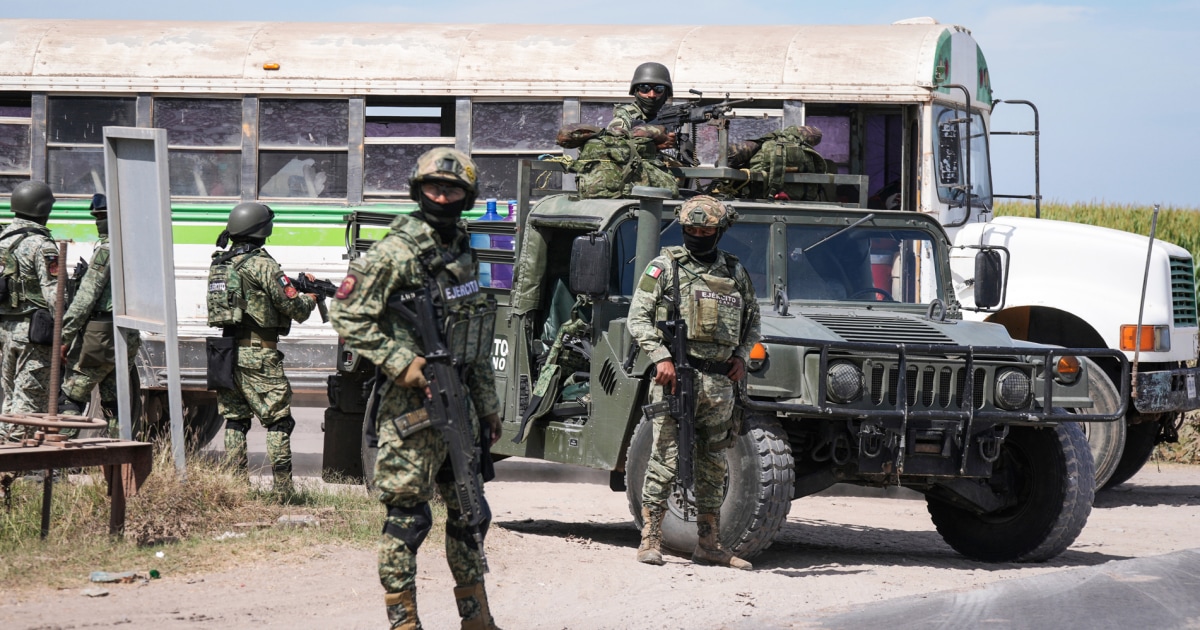Key takeaways:
“`html
- The U.S. Supreme Court is set to deliberate on Smith & Wesson Brands v. Estados Unidos Mexicanos, a case challenging the Protection of Lawful Commerce in Arms Act (PLCAA), which grants gun manufacturers immunity from lawsuits related to the criminal misuse of their products.
- The case arises amid escalating violence in Culiacán, Mexico, due to conflicts within the Sinaloa drug cartel, affecting local residents and prompting safety measures such as school closures.
- This is the first time the Supreme Court will review the PLCAA, with potential implications for gun manufacturers’ accountability and future legal actions concerning gun trafficking and cross-border violence.
“`
The United States Supreme Court is scheduled to deliberate on a significant case concerning the Mexican government’s attempt to hold American gun manufacturers accountable for violence linked to firearms trafficked across the U.S.-Mexico border. The case, Smith & Wesson Brands v. Estados Unidos Mexicanos, challenges the Protection of Lawful Commerce in Arms Act (PLCAA), a federal law enacted in 2005 with bipartisan support. This law provides gun companies with legal immunity from civil lawsuits that seek to hold them liable for damages resulting from the criminal misuse of their products by third parties.
The legal proceedings arrive at a time when the city of Culiacán, located in Mexico’s Sinaloa state, is experiencing heightened violence due to conflicts between factions of the Sinaloa drug cartel. The situation has become so severe that local residents, including an elementary school principal, have had to adopt new routines to ensure safety. The principal, for instance, checks his phone for updates on potential dangers and communicates with parents about school closures if necessary.
This case marks the first occasion the Supreme Court will examine the PLCAA, which has been a point of contention in debates over gun control and manufacturers’ responsibilities. The outcome of the case could have significant implications for the legal landscape surrounding gun manufacturers and their accountability for the use of their products in criminal activities.
As the Supreme Court prepares to hear arguments, the broader context of violence in regions like Culiacán underscores the complex dynamics at play. The decision could influence future legal actions and policies related to gun trafficking and cross-border violence, highlighting the interconnected nature of legal frameworks and real-world impacts.



Be First to Comment